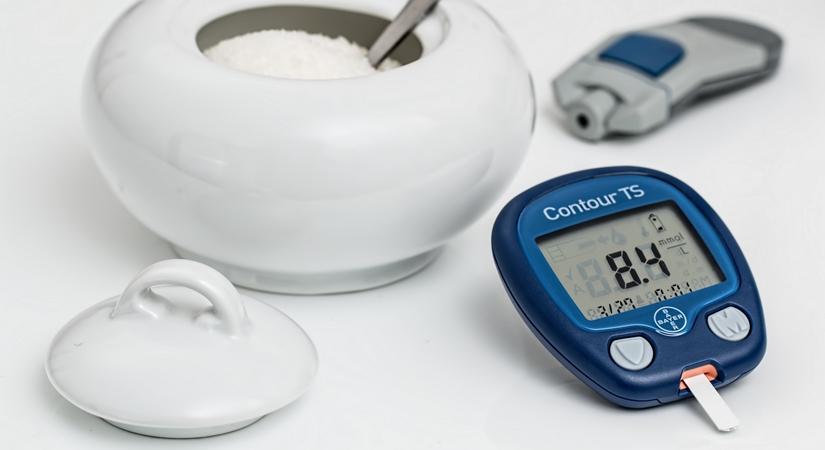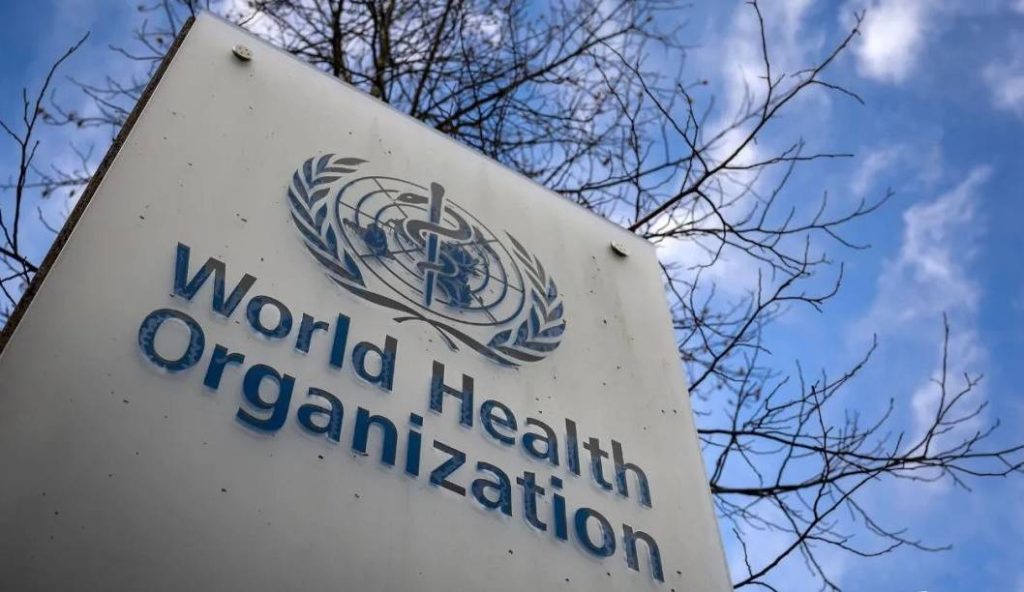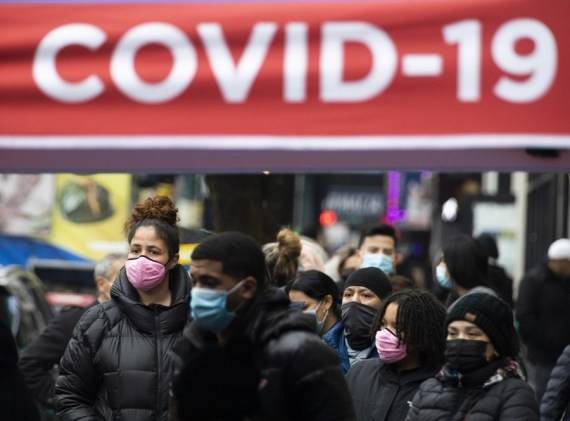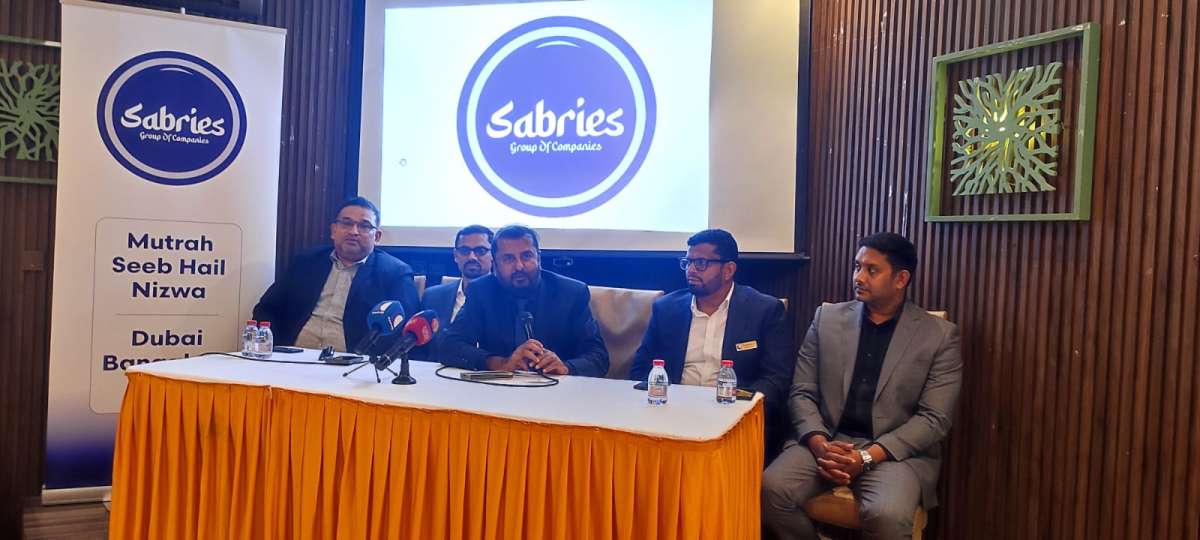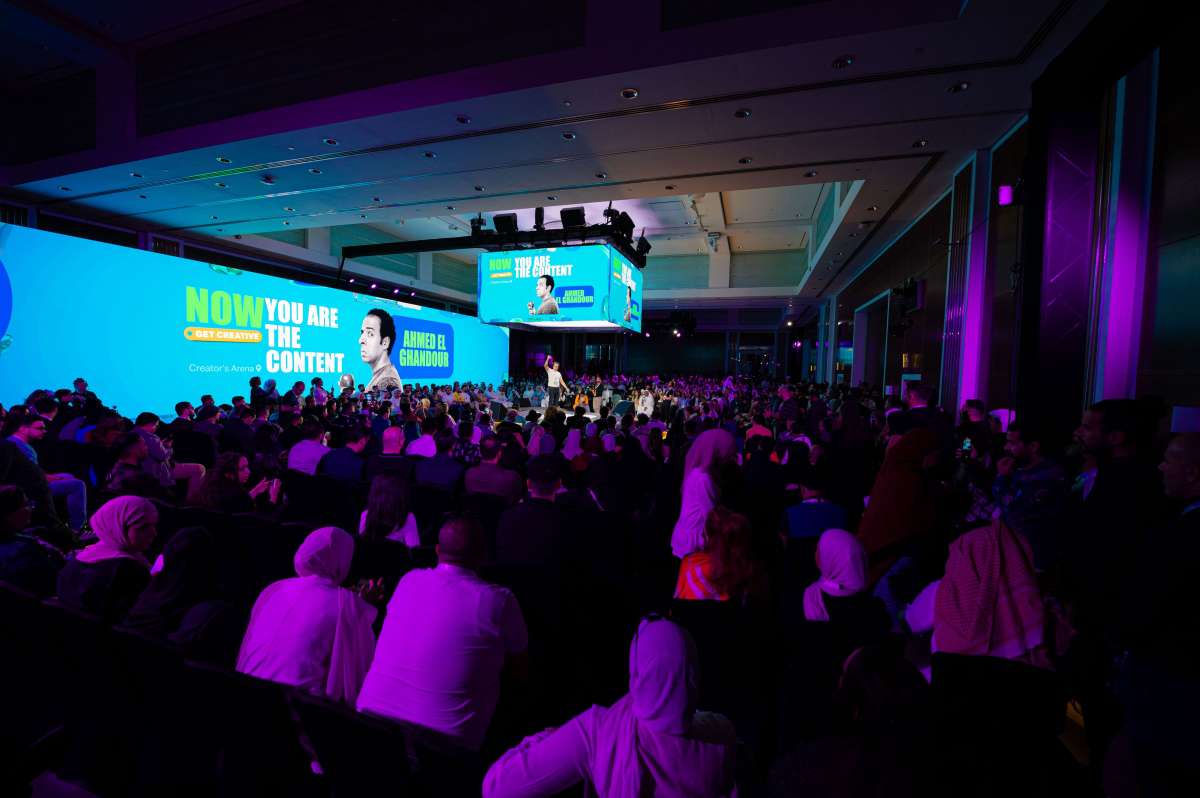On the occasion of 100th year for administering Insulin Injection, Pavan Mocherla, Managing Director-BD India & South Asia said, “Diabetes is a growing chronic condition that increases the risk of health complications and burdens healthcare systems globally…reports Asian Lite News
January 11 every year is observed as Insulin Injection Day and January this year marks the 100th Anniversary of Insulin Injection. Insulin therapy is a crucial aspect of diabetes management. Even though, India is known to be the diabetes capital of the world with a whopping 7.4 crore people with diabetes, India still lags behind in insulin usage as only 37 lac people have benefited from insulin therapy in India. A majority of the people living with diabetes are still unequipped with the right knowledge of insulin administration and the correct techniques to follow. To spread awareness on safe insulin practices, BD (Becton, Dickinson and Company) initiated Forum for Injection Technique India (FIT) in 2012, which is now FITTER – Forum for Injection Technique & Therapy Expert Recommendations, which also completes a decade of education in India this year.
The biggest barrier for insulin initiation is the fear of pain which is a result of lack of knowledge on safe & correct insulin injection practices. Major advancement in Insulin therapeutics has paved way for primarily painless injections and people today can administer insulin without feeling a prick or pinch when injected correctly at the correct injection site.
Speaking on the importance of insulin therapy among people with diabetes, Dr Behram Pardiwala, Head of Medicine Department & Director of Academics, Wockhardt Hospital, Mumbai says, “People with diabetes are generally ignorant about the importance of insulin therapy and do not undergo the correct course of treatment due to unbiased fears. Insulin injections now is highly user-friendly and can be injected without much pain or feeling a prick. Further, awareness is also needed on safe insulin injection techniques so that the people with diabetes can gain maximum benefit from their insulin therapy. As the prevelance of diabetes continues to spike among the Indian population, it is imperative that the message of safe diabetes care and management is made available to all segments of people with diabetes in India.”
Emphasizing on safe insulin injection techniques, Dr Deep Dutta, Endocrinologist at the CEDAR Superspeciality Healthcare, Dwarka, New Delhi said, “Less than 20 per cent of people living with type-2 diabetes achieve the treatment targets of HbA1c<7 per cent. Early initiation & intensification of insulin therapy, empowering people living with diabetes to self-adjust the insulin dose as per the home blood glucose monitoring can really help in reducing the burden of end-organ damage due to diabetes. FITTER in the last 10 years since its inception by BD, has amplified the message on safe insulin injection techniques to equip patients with the right implementation of insulin therapy. Key message for people who are using insulin is to not repeatedly use the same needle for injecting insulin. Re-use makes needles blunt and injection painful. Good injection site rotation practices is also mandatory.” BD’s initiative FITTER – Forum for Injection Technique & Therapy Expert Recommendations, is one of the major initiatives on educating people with diabetes on safe injection practices and runs several educational and awareness programs. Under this initiative, subject matter experts like endocrinologists and physicians treating diabetes are focusing on creating recommendations on best practices on insulin injection techniques for healthcare providers, people living with diabetes on insulin and their caregivers.
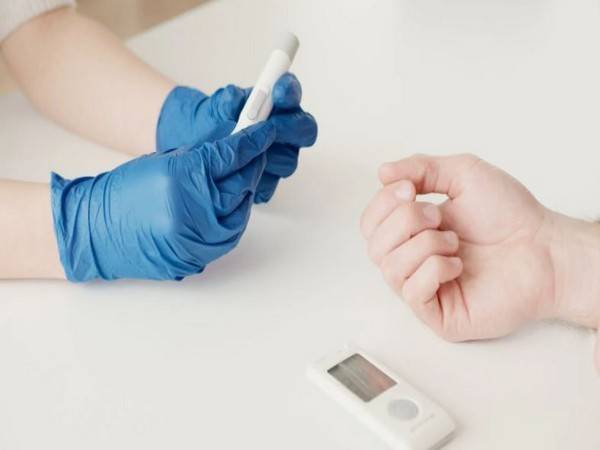
On the occasion of 100th year for administering Insulin Injection, Pavan Mocherla, Managing Director-BD India & South Asia said, “Diabetes is a growing chronic condition that increases the risk of health complications and burdens healthcare systems globally. At BD, we are constantly working with healthcare systems to improve safety, patient comfort, outcomes and advancing capabilities for clinicians and patients in diabetes management. This centenary is an occasion to celebrate the innovation in insulin injection delivery that BD has achieved to help people with diabetes better manage their condition.”
The first specialized syringe for Insulin Injection was manufactured by BD in 1924. It included a 25-gauge (G) needle. Syringes and needles were boiled to sterilize them before use. Several modifications have been made since then, to make insulin needles shorter and to provide a comfortable injection experience to people injecting insulin.
Some of the key aspects of insulin injection technique recommended by FITTER are injecting the insulin dosage into the healthy fatty layer under the skin, use of 4 mm pen needles and/or 6 mm syringe needles, injecting the medication into correct injection sites and practising good site rotation, and also using a new syringe or pen needle each time to avoid the risk of developing complications. The benefits of these recommendations for patients are greater injection comfort, lower risk of unexplained hypoglycaemia and glycaemic variation and better glycaemic management while healthcare practitioners can witness better clinical outcomes in patients.

BD is one of the largest global medical technology companies in the world and is advancing the world of health by improving medical discovery, diagnostics and the delivery of care. BD helps customers enhance outcomes, lower costs, increase efficiencies, improve safety and expand access to health care.
FITTER India seeks to promote evidence-based clinical best practice, safety and self-care of diabetes injectable and infused therapies which will lead to improved health outcomes, well-being, lower healthcare costs and reduced burden on care providers and society. Implementation of these recommendations may have a direct impact on the health outcomes of individuals living with diabetes who require injection & infusion therapy. (ANI/NewsVoir)
ALSO READ-Many stores in Lebanon shut down due to financial crisis

